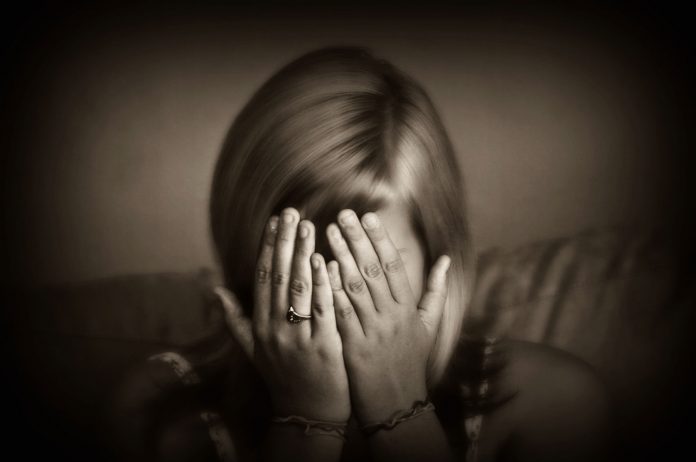One quarter of girls and one in 10 boys are depressed by the age of 14 according to new research out today.
The study published jointly by UCL Institute of Education and the University of Liverpool analysed information on more than 10,000 children born in 2000-01 who are taking part in the Millennium Cohort Study.
Previously at the ages 3, 5, 7, 11 and 14, their parents reported on their children’s mental health.
Then, when they reached 14, the children were themselves asked questions about their depressive symptoms.
Based on the 14-year-olds reporting of their emotional problems, 24 per cent of girls and 9 per cent of boys suffer from depression.
The research, published with the National Children’s Bureau, also investigated links between depressive symptoms and family income. Generally, 14-year-olds from better-off families were less likely to have high levels of depressive symptoms compared to their peers from poorer homes.
Parents’ reports of emotional problems were roughly the same for boys and girls throughout childhood, increasing from 7 per cent of children at age 7 to 12 per cent at age 11. However, by the time they reached early adolescence at age 14, emotional problems became more prevalent in girls, with 18 per cent having symptoms of depression and anxiety, compared to 12 per cent of boys.
Behaviour problems, such as acting out, fighting and being rebellious decreased from infancy to age 5, but then increased to age 14. Boys were more likely than girls to have behaviour problems throughout childhood and early adolescence.
As 14-year-olds’ own reports of their emotional problems were different to their parents’, this research highlights the importance of considering young people’s views on their own mental health.
The lead author, Dr Praveetha Patalay, said: “In recent years, there has been a growing policy focus on children’s mental health. However, there has been a lack of nationally representative estimates of mental health problems for this generation.
“In other research, we’ve highlighted the increasing mental health difficulties faced by girls today compared to previous generations and this study further highlights the worryingly high rates of depression.”
Professor Emla Fitzsimons, Director of the Millennium Cohort Study, said: “These stark findings provide evidence that mental health problems among girls rise sharply as they enter adolescence; and, while further research using this rich data is needed to understand the causes and consequences of this, this study highlights the extent of mental health problems among young adolescents in the UK today.”







